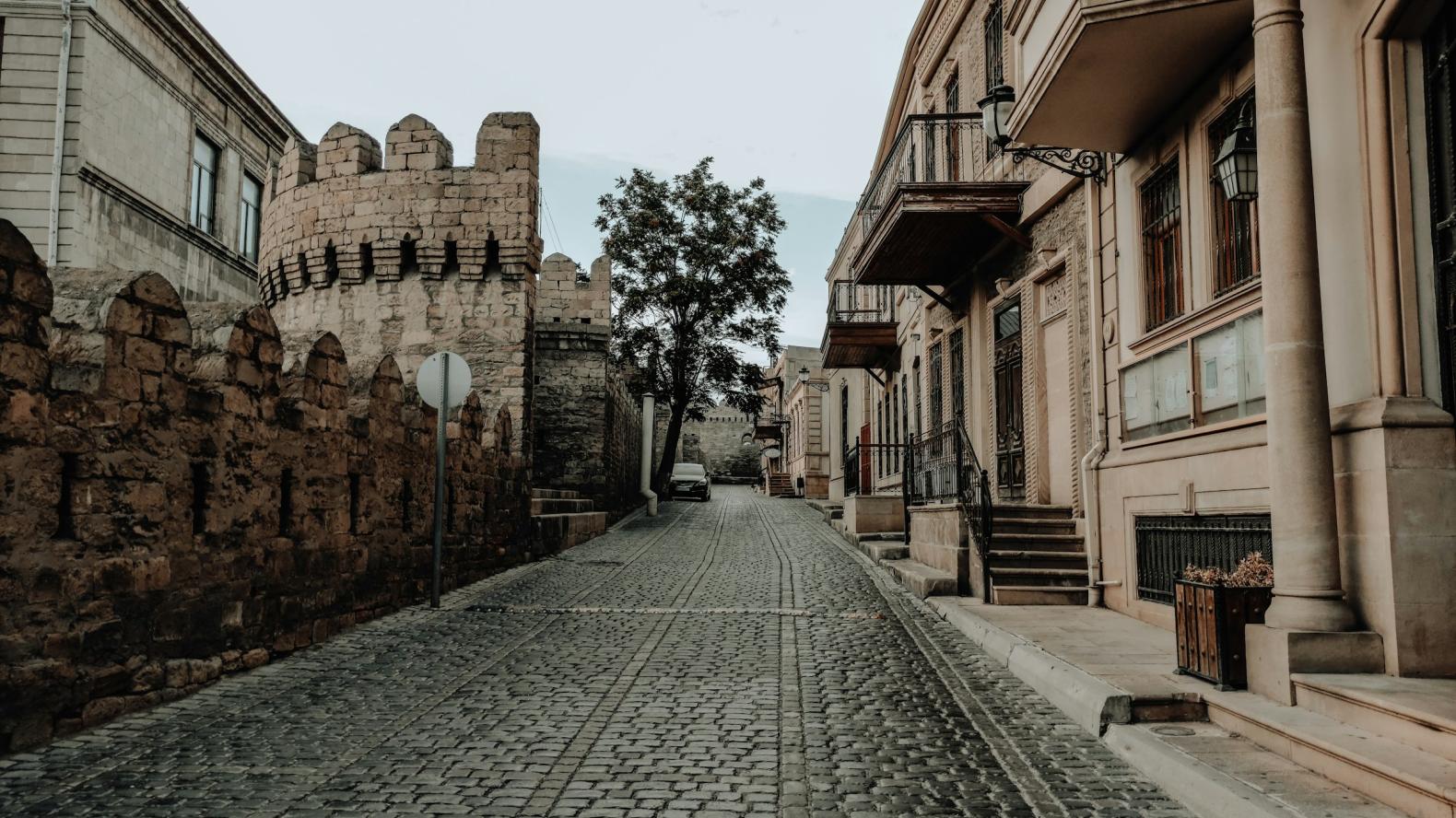
Following the fourth annual open competition managed by the UBC Sustainability Hub and the Office of Global Engagement, a delegation of 14 students and faculty will be participating in-person and virtually at the 29th United Nations Climate Change Conference of the Parties (COP29) in Baku, Azerbaijan from November 11 to November 22, 2024. This is the largest group of virtual UBC delegates to attend a COP event.
The annual Conference of the Parties (COP) brings together countries, civil society, companies and people on the frontline of climate change to accelerate action. UBC holds “Official Observer” status and is allocated a set number of ‘badges’ that provide access to the negotiations and events.
There was a large reduction of in-person badges this year for many observer organizations in higher-income countries, including UBC, as the United Nations made important changes to badge quotas to facilitate more equitable regional representation. In future years, badges may continue to be distributed in a similar manner.
Taking part in COP29 exemplifies our commitment to UBC's Climate Emergency Task Force Report recommendations, enabling us to drive change beyond our institutional boundaries and promoting a culture of engagement and advocacy for climate action.
By participating in COP29, UBC delegates will deepen their understanding of how global climate negotiations work, enhancing their research, programs, studies and activism. In return, we request that they share their experiences from this global gathering with the wider UBC community. Stay tuned for stories and events from delegates during and after COP29 to hear about their experience.
As recommended by the Climate Emergency Task Force report, the delegate selection process is an open and transparent competition for all students, faculty, and staff. The COP29 delegates were chosen through a rigorous selection committee from the Sustainability Hub and the Office of Global Engagement.
UBC Delegates to COP29
UBC Delegates include ten students and four faculty members.
In-person Observer Delegates:

Aida Mohajeri, PhD student, Educational Studies, Faculty of Education
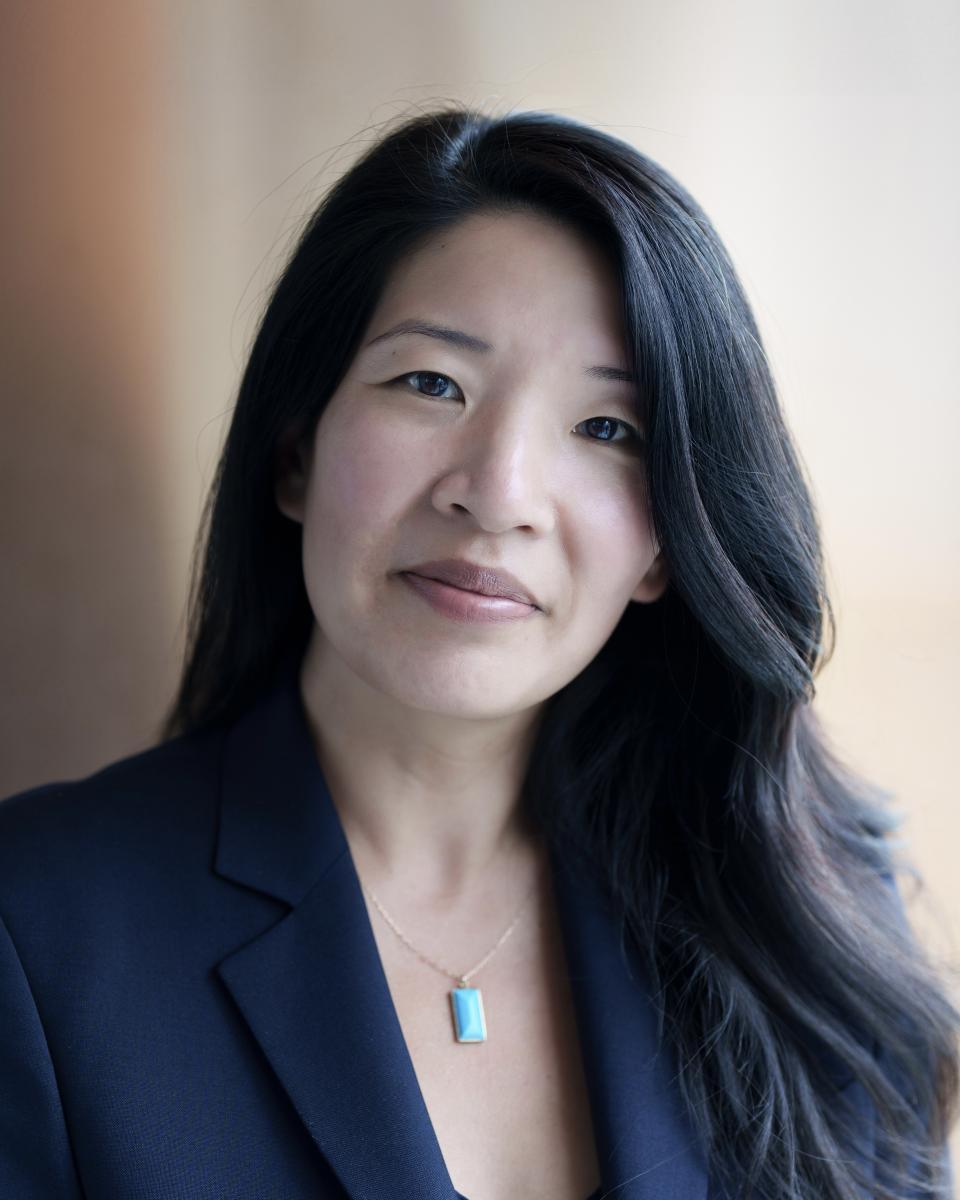
Carol Liao, Associate Professor, Peter A. Allard School of Law

Chunyu Pan, PhD student, Forest Resources Management, Faculty of Forestry

Guangyu Wang, Professor, Forest Resources Management, Faculty of Forestry
Virtual Observer Delegates:

Aldo Voto, Bachelor of Arts, Psychology and Microbiology, Faculty of Arts

Dean Rohman, Bachelor of Arts, Political Science, Faculty of Arts

Emilie Wang, Doctor of Medicine Undergraduate Program, Faculty of Medicine
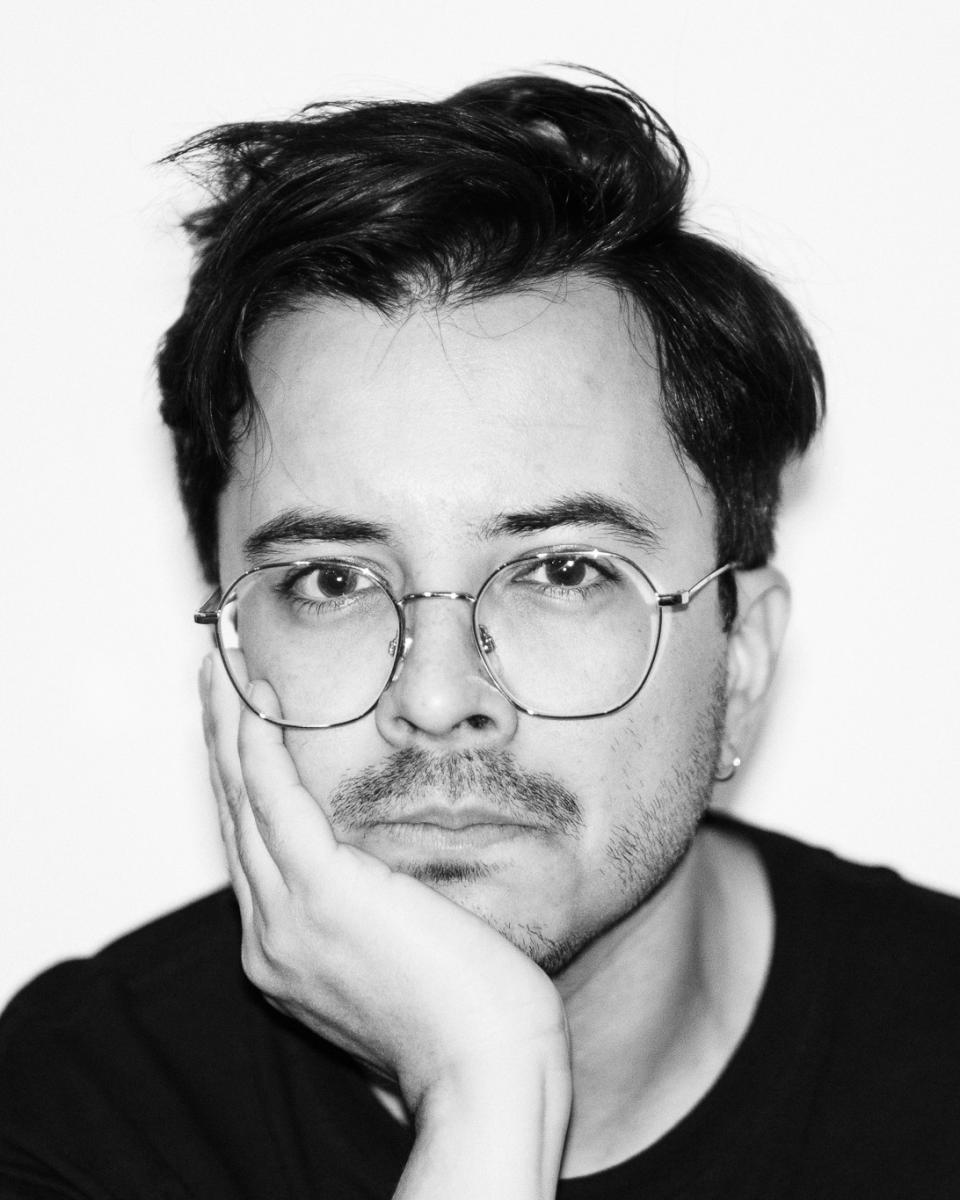
Michael Monclou, PhD student, Economics, Philosophy and Political Science, Irving K. Barber Faculty of Arts and Social Sciences

Nika Martinussen, Bachelor of Applied Science in Engineering Physics, Faculty of Applied Science
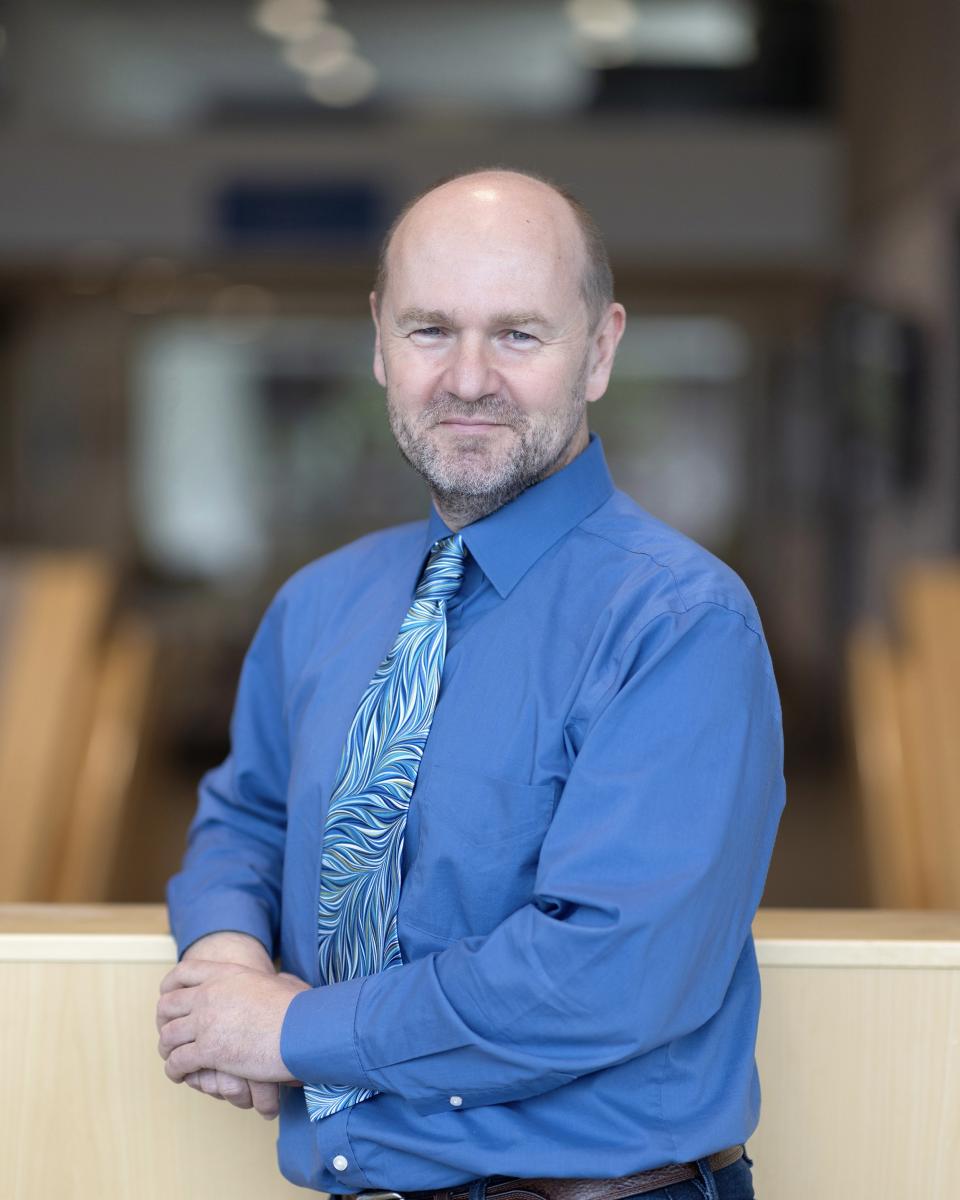
Robert Szilagyi, Associate Professor & Principal’s Tier I Research Chair, Chemistry, Irving K. Barber Faculty of Science

Stephanie Yan, Bachelor of Applied Science, Chemical and Biological Engineering, Faculty of Applied Science

Zeina Baalbaki, Lecturer, Civil Engineering and Chemical and Biological Engineering, Faculty of Applied Science
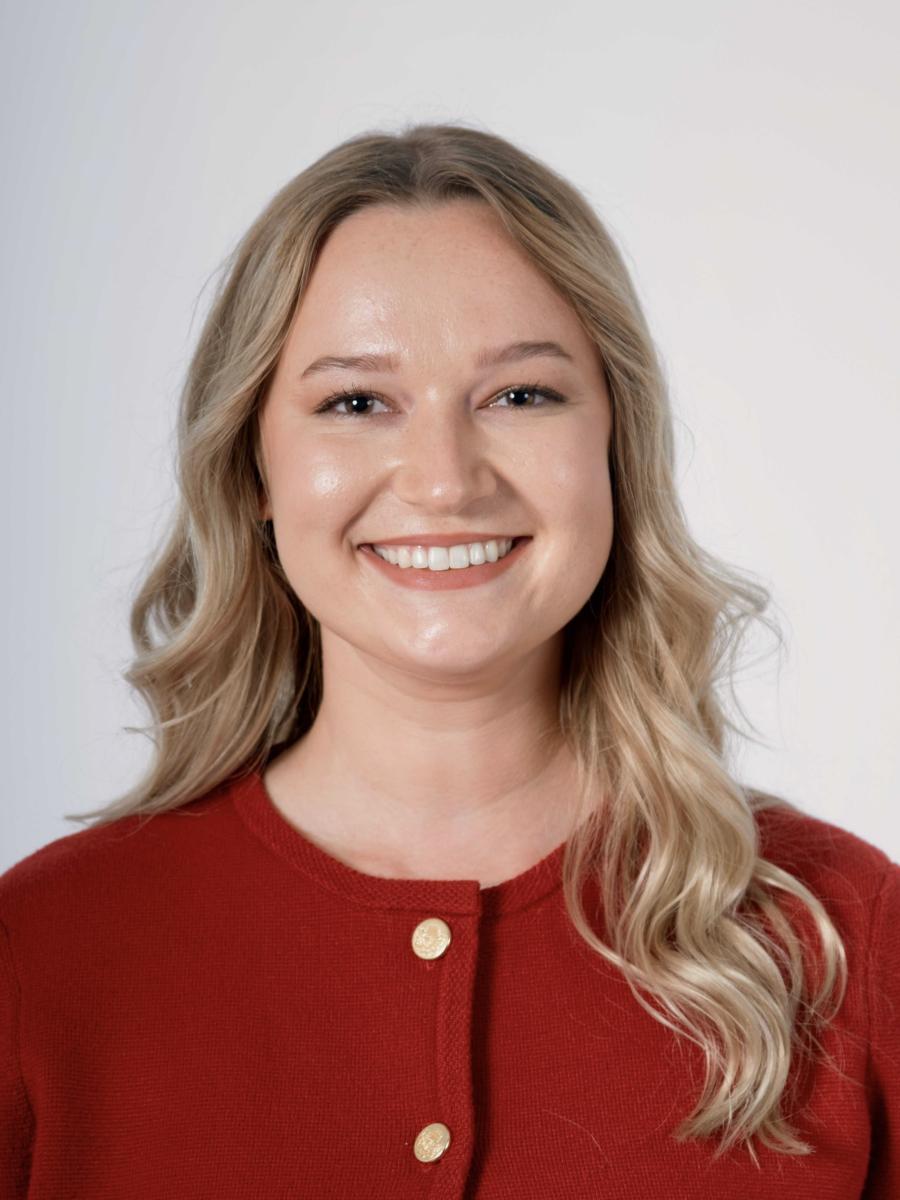
Brinnae Cooper, Master of Community and Regional Planning, School of Community and Regional Planning
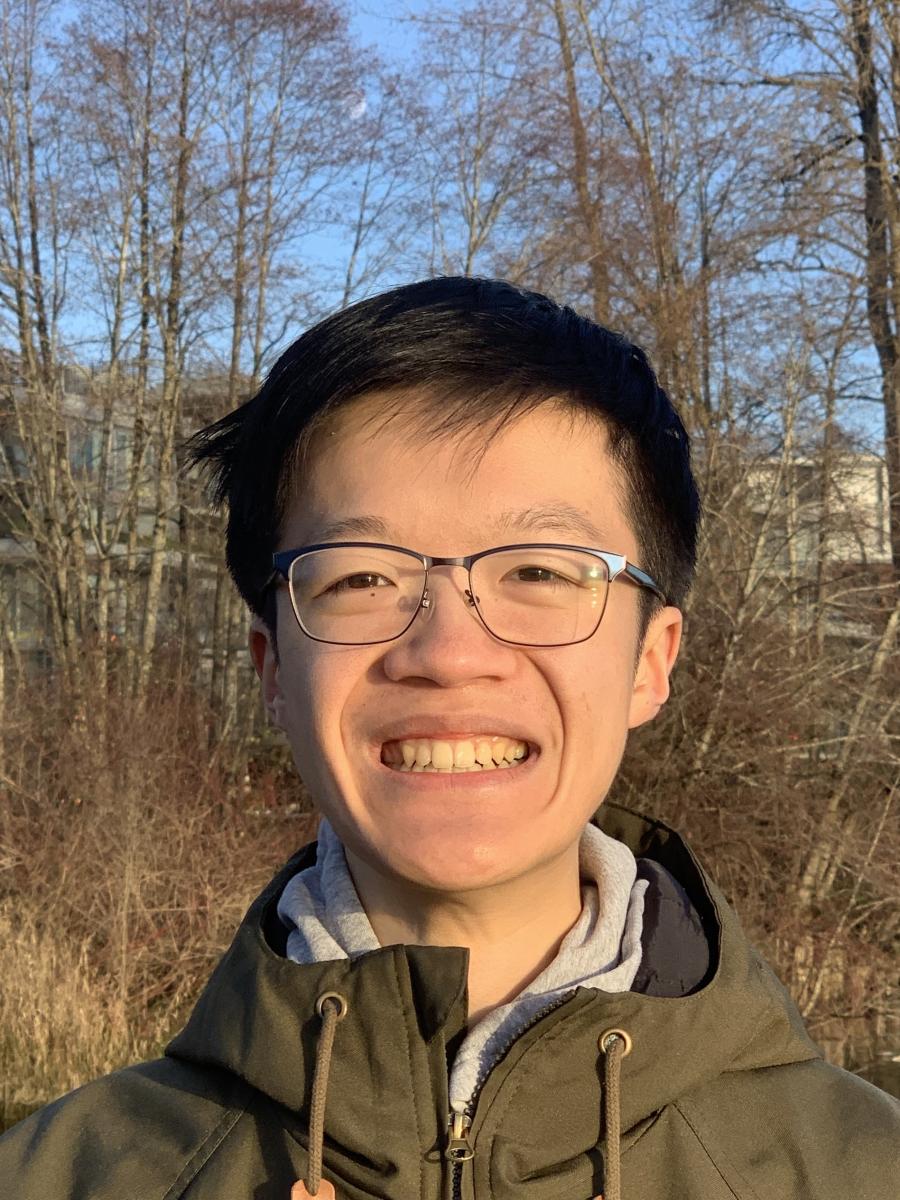
Avery Chan, Master of Community and Regional Planning, School of Community and Regional Planning
Engagement at COP29
Climate Action as the Fourth Mission of Higher Education
Date: Saturday, November 16, 2024
Time: 13:00 – 14:00
Location: America Is All In Action Center
Dr. Carol Laio will join a COP29 panel on U.S. higher education's partnerships with Canadian and Mexican institutions to accelerate cross-border climate action.
Indigenous Content in the Sixth IPCC Assessment Report and its Present and Future Implications to Indigenous Peoples Globally
Date: Tuesday, November 19, 2024
Time: 16:55 – 17:55
Location: Indigenous Peoples Pavilion
Dr. Pasang Yangjee Sherpa, Assistant Professor, Department of Asian Studies, is organizing and speaking at this session.
Food Systems Firestarter: Igniting Connections and Sharing Ideas
Date: Wednesday, November 20, 2024
Time: 14:00 - 15:30
Location: COP29 Action on Food Hub Pavilion, Blue Zone
A dynamic and highly interactive session designed to advance resilient and sustainable food systems, moderated by Sid Mehta, Adjunct Faculty member in the Master of Food and Resource Economics (MFRE) program at UBC's Faculty of Land and Food Systems.
Advancing the Quality and Integrity of Forestry Climate Nature-Based Solutions: Challenges, Innovations, and Strategies
Date: Wednesday, November 20, 2024
Time: 18:30 – 20:00
Location: SE Room 9, COP29 UN Climate Conference Blue Zone
Learn more about this event
PhD student Chunyu Pan and Dr. Guangyu Wang, along with their co-organizers, will host an official side event at COP29 focused on enhancing the integrity and credibility of forest carbon offset projects.
Stay updated on COP29
UBC’s COP29 delegates are planning exciting ways to stay in touch during and after their activities in Azerbaijan. For more information, keep an eye on the climateemergency.ubc.ca website for the latest news and events, and sign up for our newsletter.
Unpacking COP29: A Panel Discussion is being hosted by the Climate Solutions Research Collaborative on November 7 from 4:00-5:30pm online.
As a global leader for sustainability, UBC is tackling the unprecedented challenges of a changing planet. Our UBC COP29 delegation plays a crucial role in this effort, so please join us in wishing them success as they advocate for greater action on one of the most pressing issues of our time.